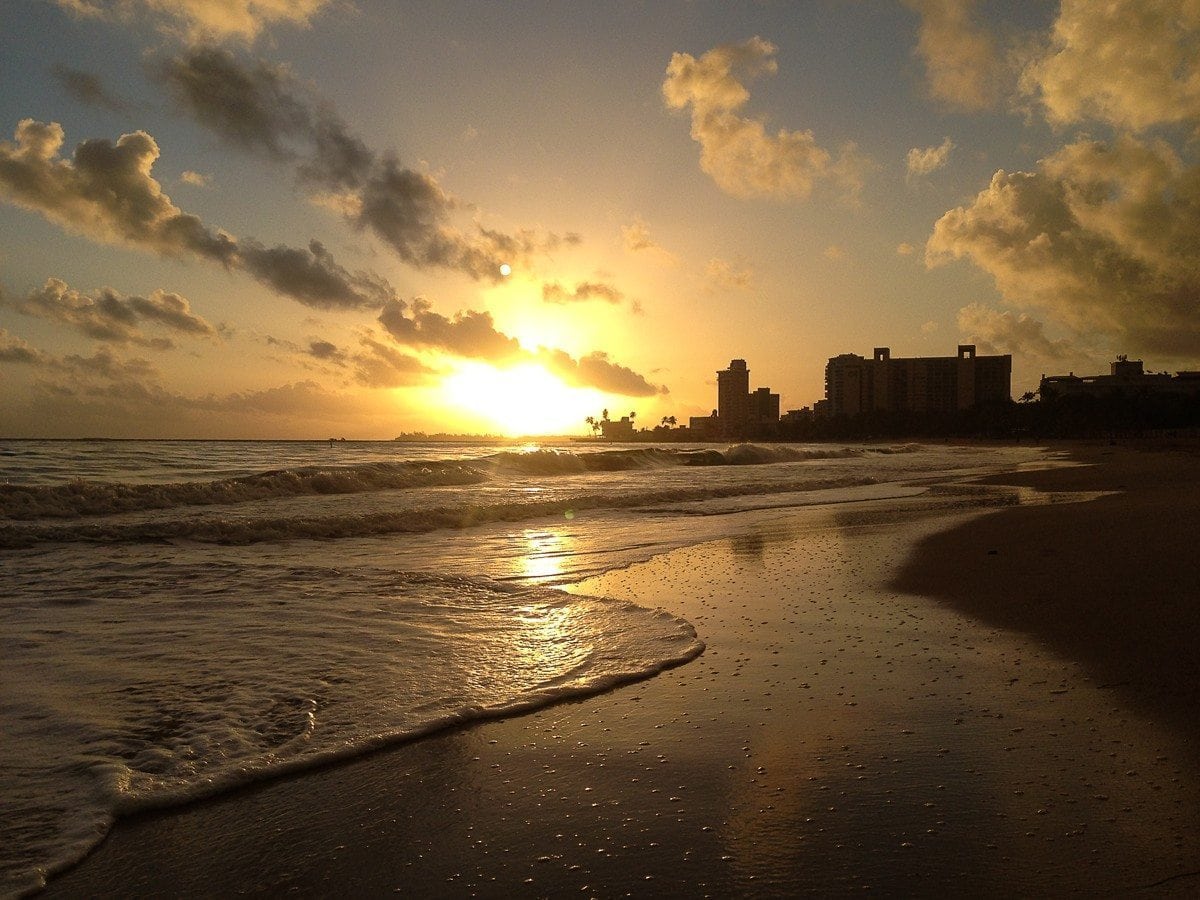
During a televized speech, governor for the territory owned by the Congress, Alejandro García Padilla decreed, "Our public debt...is unpayable." And then Padilla committed the fallacy of appeal to authority by saying, "The report states even if we increased taxes and cut back spending, the magnitude of the problem is such, because of the weight of the debt we carry, that it would solve nothing."
Not surprisingly, auditors discovered that agents of Puerto Rican law givers were spending hundreds of millions of dollars that went unreported.
Between 2000 and 2012, the geniuses populating the Puerto Rican legislature tripled their debt from $24 billion to $70 billion. According to Wikipedia, that $70 billion in debt is 68% of the Puerto Rican economy as compared to GDP.
To give you perspective, Puerto Rican law givers upped their spending with per head debt going from $6,764.37 each Puerto Rican to $19,729.43 each Puerto Rican! To give you even more perspective, per capita debt for residents of Connecticut is $5,402, the highest in the USA. With lowest debt per resident, those living in Nebraska only owe a measly $21 each resident.
Peak GDP hit the USA in Q4 2007. And yet, here the Puerto Ricans went on a spending slurge for another five years before maxing out their credit cards in the bonds markets.
Some lay blame on successive U.S. Congresses for the misdeeds of irresponsible Puerto Rican law givers. Some say the 64th U.S. Congress, with its passage of the Jones-Shafroth Act in 1917, encouraged Puerto Rican law givers to sell bonds without care selling new bonds to pay off old bonds since that act exempted Puerto Rican bonds from federal, state, and local taxes regardless of where the bond holder resides.
 Meanwhile, Puerto Ricans live in a corrupt island paradise. While Puerto Ricans seemingly report to the IRS accurately taxes due on income, they fail to report this income to their own Department of the Treausry of Puerto Rico.
Meanwhile, Puerto Ricans live in a corrupt island paradise. While Puerto Ricans seemingly report to the IRS accurately taxes due on income, they fail to report this income to their own Department of the Treausry of Puerto Rico.An indicator of corruption can be seen in the retirement age for public school teachers. In past, public educators could retire at 47! That has been raised, barely so, to 55, for current teachers!
Since the U.S. Congress owns Puerto Rico, some have called for Congress to pass a law letting Puerto Rican legislators declare bankruptcy. So should the whole of the island be sold off to the bond fund managers holding worthless Puerto Rican bonds?
In a Chapter 7 bankruptcy, a trustee would sell off everything, giving the gains to creditors. If law givers can declare bankruptcy, then as in all bankruptcies, property in their stuff should be sold off to pay creditors. As well, legislatures should be shuttered and people should be left to their own devices without law givers. That is how real bankruptcy works.
Though some always blame bankers, millions of Main Street Americans hold shares in Puerto Rican bonds through bond funds. Execs of one of those funds, Oppenheimer, say they stand ready to hit the courts to defend their bond holdings should law givers try to stiff them.

Like the Greeks, Puerto Ricans need to face reality. Prices need to fall in Puerto Rico and as wages are prices, wages need to fall. The surest, fastest way to collapse prices is to cut government wages and not by a little bit, but by much.
If Puerto Rican law givers were to cut wages of government workers by whatever percentage needed, say 25%, current government outlay would then fall. With a bond restructuring to finance past spending and the cessation of bond issuance to stop future debt-based spending, likely Puerto Ricans could get their house in order.
 Law givers never can do the right acts though. Never will they cut wages of their most protected, workers of government agencies. Law givers will run aground their countries, states and cities before they would do that.
Law givers never can do the right acts though. Never will they cut wages of their most protected, workers of government agencies. Law givers will run aground their countries, states and cities before they would do that.For the latest news on Puerto Ricans and their bonds, check out Current News on the Commonwealth of Puerto Rico.
No comments:
Post a Comment